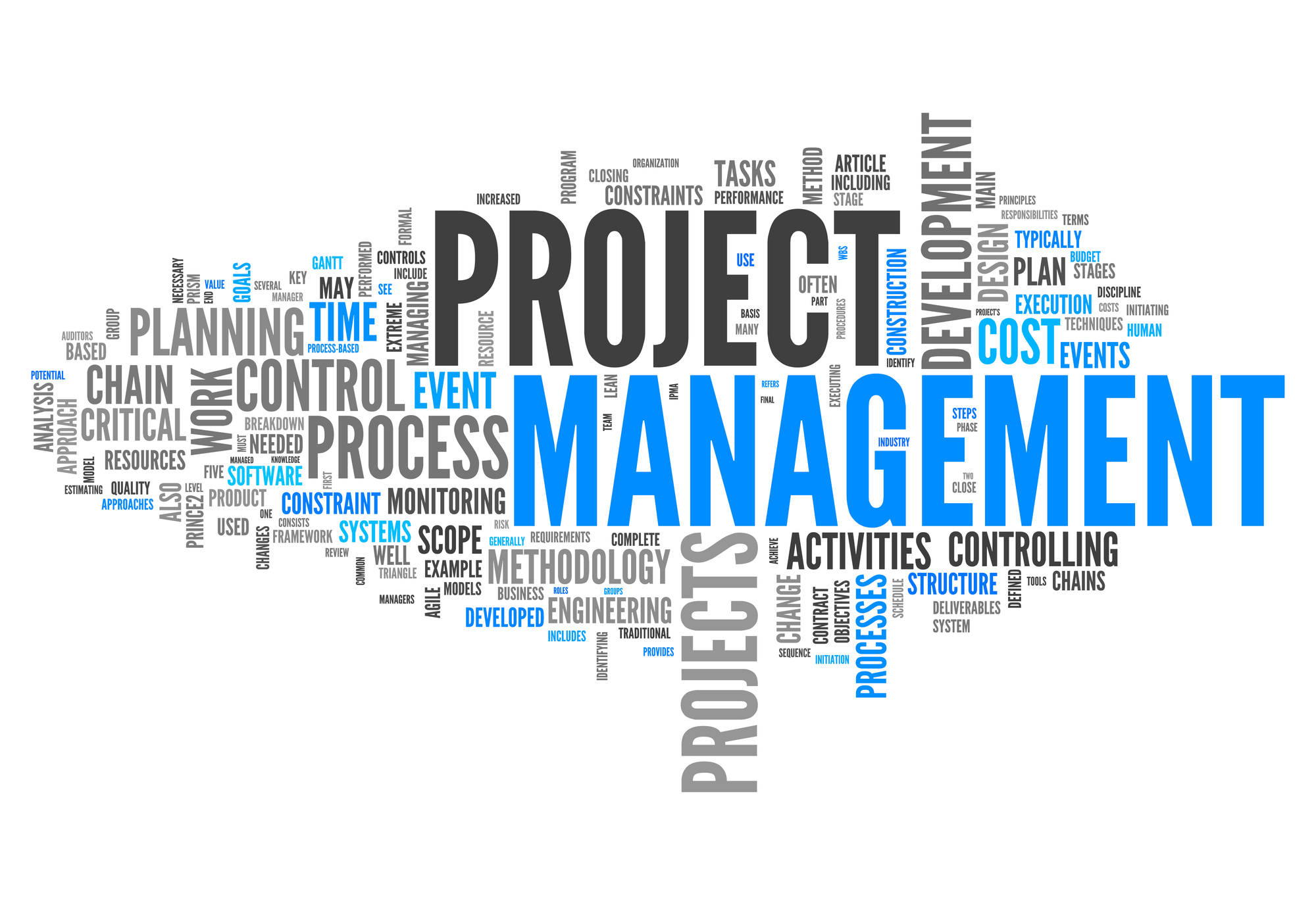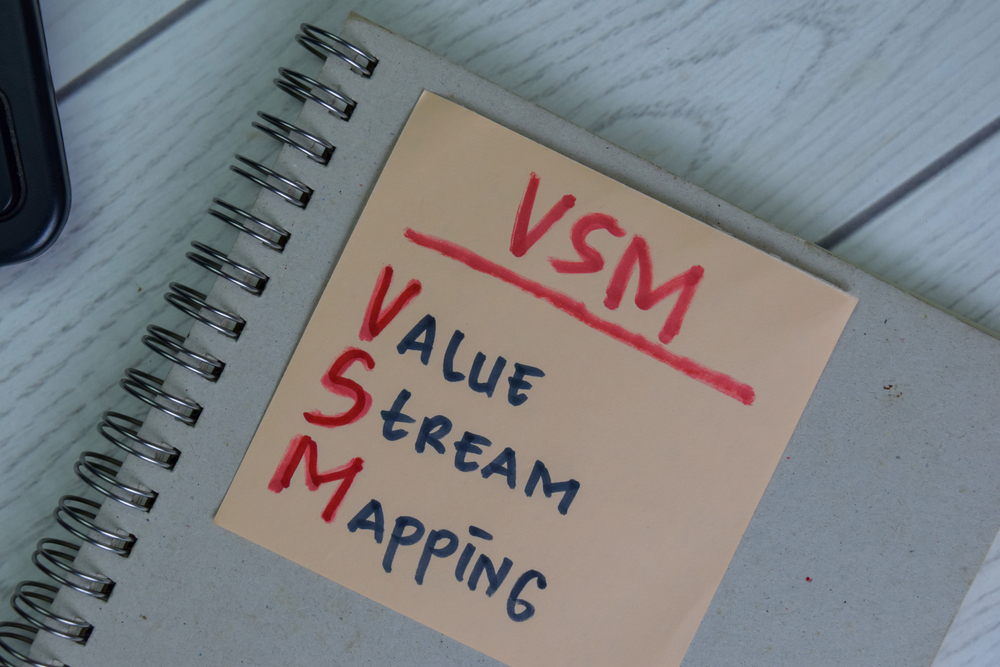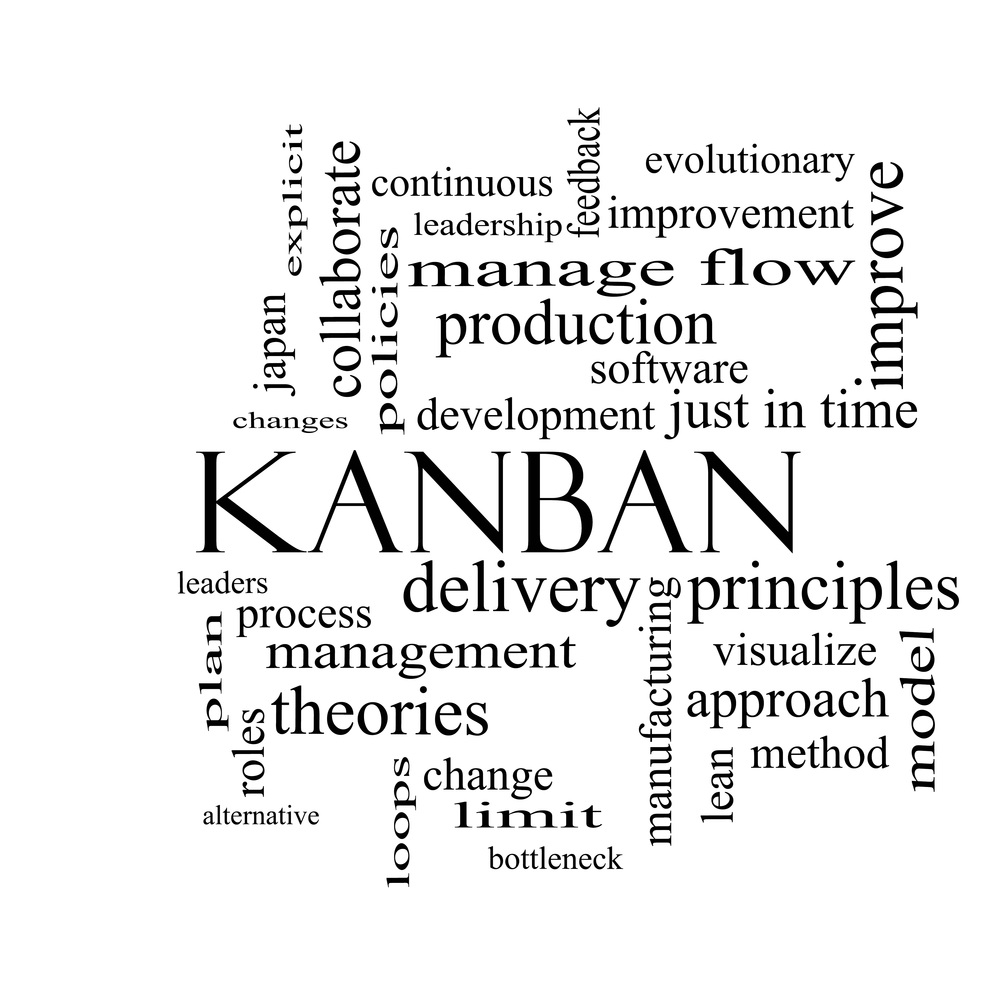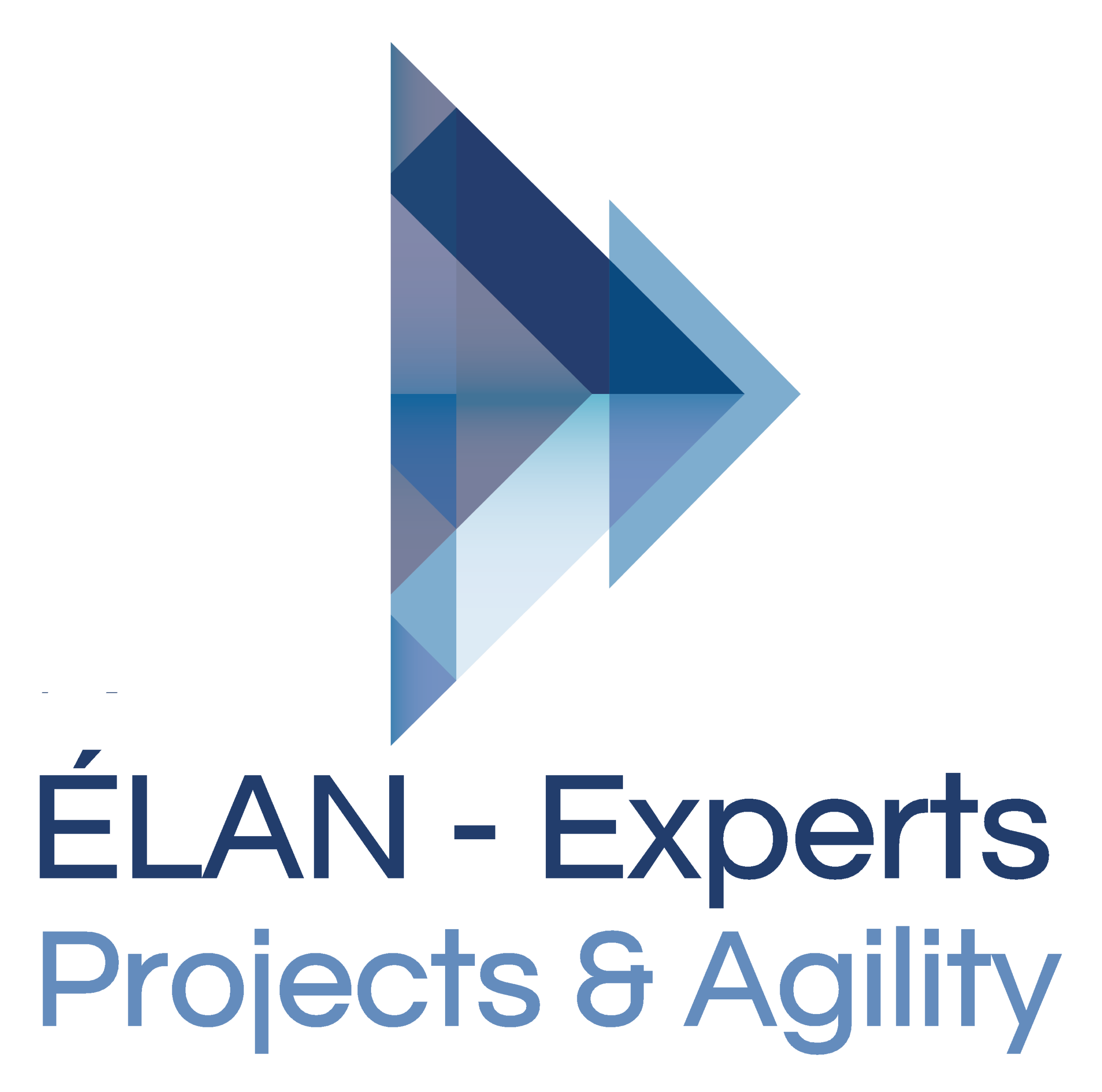blog
Dive into rich, free content on Project Management, Lean and Agile to improve your results

Don't let your IT project go astray
Support, Consulting and Project Management in Digital Transformation. If project management isn't your business, don't let your strategic initiatives pile up.

Recipe to make your project time and costs explode
An organization seeks to create value by balancing growth, profitability and efficiency. Its primary objective is to generate profits, while optimizing

How to Choose the Best Project Life Cycle
In the world of project management, one of the most crucial decisions a project manager can make is to choose the right

IT Competitiveness: Continuous Improvement for a VUCA Market
Information Technology plays a crucial role in the transformation of modern organizations. Technologies are revolutionizing effective decision-making based on information.

Are project team standards a no-no?
Are team norms (aka "team charter") a taboo or even banned practice within your organization? 🚫🤔❓ How is this practice perceived?

The Three Pillars of Project Management Mastery
In the dynamic world of project management, success is more than just following a specific methodology. It requires mastery of

Lean Portfolio Management
Respond to a VUCA market with a Growth Mindset rather than a Fixed Mindset In the ever-changing world of business (Volatile, Uncertain, Complex, Ambiguous)

Development Value Streams: Reveal and harness hidden potential
The aim of value chain improvement is to achieve the highest business value in the shortest possible time, consistently and sustainably.

Optimize your organization's throughput with the Kanban approach
Boost your organization's performance with a scalable, adaptive "Start where you are" approach to accelerate value delivery. Stop starting, Start

Agile Transformations or Focusing on Outcomes?
Revolution or Evolution? If your executive committee has a "Top Down" Agile Transformation mandate/program, treat it as a "project" using a deterministic "Big Bang" approach,

Unleash your true potential with professional coaching
In L'ÉTAT DE PENSÉE LEAN AGILE, one of the fundamental factors that can optimize your organization's performance is to Empower your teams and employees.

The Lean-Agile mindset
Agility is a state of mind defined by values, guided by principles and manifested in a variety of practices. It's about "Being

Successful agile transformations: 5 key elements to consider
In today's fast-paced and ever-changing business world, more and more

Managers, discover the causes that will undermine your transition to agility...
Deliver better solutions, in less time, at lower cost, in a more predictable way, with fewer risks. Faster time-to-market, increased
Frequently asked questions (F.A.Q.)
A major digital transformation project is a strategic initiative that stems from needs or opportunities identified, assessed and prioritized as part of an organization's strategic planning. These initiatives are generally managed within a well-structured program or portfolio of projects (Lean).
The main objectives of a digital transformation project (IT Project) include :
- Optimize the supply chain for greater efficiency and predictability.
- Reduce operating costs while increasing stability and added value.
- Increase revenues and customer loyalty through innovative digital solutions.
Examples of digital transformation projects (IT Project):
- Custom or "off-the-shelf" software development (product/platform) off the shelf"(SaaS, PaaS).
- Product modernization, such as adding artificial intelligence or data science to existing platforms.
- Integration or implementation of business solutions to improve operations. (e.g. CMMS, CRM, ERP, etc.).
These projects require strong leadership and professional project management skills to ensure frequent and continuous delivery of value. Your teams can be coached to maximize their performance and achieve your strategic objectives.
Every IT project is unique, but they often share common challenges: defining a clear vision, mobilizing the right resources, managing risks and ensuring that the expected value is actually delivered.
With my end-to-end integrated services, I'm with you every step of the way:
- Definition of needs and priorities: development of business cases, mapping of use cases, and strategic alignment of your projects.
- Management of complex projects: Rigorous planning, hybrid management (Agile & Waterfall) and proactive monitoring of risks, costs and deadlines.
- Change management : Helping to integrate new digital solutions while ensuring stakeholder buy-in.
Whether you need temporary leadership or an expert consulting role, I'm here to maximize your chances of success and turn your initiatives into concrete results.
👉 See my Services for more information or Contact me at directly to discuss your needs.
An artificial intelligence (AI) project is an initiative to develop systems capable of simulating human intellectual processes, such as natural language comprehension, image recognition, autonomous decision-making, and much more. These projects are often complex and involve several key stages, from the identification of business needs to the implementation and maintenance of the AI system.
A typical AI project includes :
Identifying use cases Identify areas where AI can bring value (e.g. process automation, trend prediction, resource optimization).
Data collection and preparation AI relies on quality data to train effective models. Data collection and management are therefore crucial steps.
Choice of technology AI: AI projects involve advanced technologies such as machine learning, neural networks and rule-based artificial intelligence.
Model development and training An AI algorithm is designed and fine-tuned to learn from data and perform specific tasks.
Production and maintenance Once the model has been developed, it is integrated into existing systems and requires regular monitoring and updating to ensure long-term performance.
AI projects often require hybrid project management (waterfall vs. agile) due to their complexity and rapid evolution. Support from project management experts helps to better structure the process and mitigate associated risks, guaranteeing results aligned with the organization's strategic objectives.
Artificial Intelligence (AI) and data science projects are often complex and require a different approach to traditional projects. These projects involve unique challenges such as the balance between waterfall and agile project management methods, the development-prioritization and selection of use cases, the aspect of data management, technological alignment, etc.
A certified hybrid project management professional will offer you the best of both worlds, using adapted project management practices that combine rigor and adaptability. You'll benefit from strategic, tactical and operational support, in particular for :
- Develop, prioritize and select the right use cases.
- Cover the data management aspect.
- Select the right project life cycle (development approach)
I'll help you build a solid foundation for your project. Thanks to our expertise in this field, you minimize the risk of cost, scope and deadline overruns.
👉 Consult my Services for more information or Contact me at directly to discuss your needs.
Project management is not just a function, it's a profession, a true strategic art. If your IT projects are often delay, out of budget or poorly coordinated, it may be time to review your project management practices. Working with a certified professional in Project Management enables you to optimize your processes and improve the success rate of your projects.
I help you to :
- Prioritize your project portfolio correctly to maximize value.
- Implement project management practices agile and structured (waterfall and agile).
- Plan the capacity of your internal resources to avoid bottlenecks.
My hybrid approach offers flexibility and rigour to increase the chances that your projects will meet the deadlines, costs and quality while optimizing stakeholder satisfaction.
👉 Consult my Services for more information or Contact me at directly to discuss your needs.
Lean and Agile are not just methodologies, but powerful mindsets that enable your organization to maximize value creation while reducing waste. Together, these approaches act as levers to optimize your processes and guarantee concrete, measurable results. Here's how they can transform your project management:
Reducing waste and optimizing processes Lean helps you identify and eliminate inefficiencies, reduce lead times and improve the quality of deliverables, thereby reducing costs and optimizing resources.
Improved workflow (Flow) Agility: Agility enables your teams to adapt quickly to changing market needs and deliver faster without compromising quality, guaranteeing ongoing value for your customers.
Prioritizing IT projects Lean Portfolio Management: Using proven techniques such as Lean Portfolio Management, we help you prioritize projects according to their strategic impact and align your efforts with corporate objectives, while taking into account Cost of Delay and Shortest Weighted Job First (SWJF).
Empowering teams and giving them greater responsibility The Lean-Agile approach fosters greater autonomy for teams, encouraging them to make informed decisions and continuously improve their processes. This creates a culture of internal collaboration and innovation.
Continuous improvement : By using tools such as the Kanbanthe PDCA (DMAIC, A3 management)We are committed to a process of continuous improvement, enabling your practices to grow stronger and evolve over time, based on feedback and the challenges you face.
By adopting the Lean-AgileThis will enable you to align strategy and execution, respond faster to market needs, reduce costs and lead times, and increase customer satisfaction. Whether it's implementing these practices or coaching your teams, I'm here to support you in this transformation and ensure that you achieve lasting results.
I'll help your organization adopt and integrate Lean and Agile principles to improve efficiency, accelerate value creation and strengthen customer satisfaction. Here's how I work:
1. Definition of the problem to be solved or the gains envisaged.
2. Process evaluation targeted Lean assessment: I then follow up with an in-depth assessment (Measure-Analyze) of your current processes in relation to your specific needs. Using proven Lean methods, I will develop a Lean Business Case that will facilitate project evaluation by prioritizing added value and measurable expected results. Have you read my blogs on this subject?
Development Value Streams: Reveal and harness hidden potential
IT Competitiveness: Continuous Improvement for a VUCA Market
3. Lean and Agile coaching : I'll help you implement Lean and Agile practices tailored to your needs, both in terms of your teams and your organization. Whether it's for IT project management or coaching, I'll train and guide you to increase the chances of sustainable change. Have you read my blogs on this subject?
Unleash your true potential with professional coaching
4. Workflow optimization and priority management : Using tools like Kanban and Lean Portfolio Management, I'll help you prioritize and select your projects according to their added value vs. your capacity (resource availability), and thereby optimize your workflows. This helps to reduce delivery times, minimize work-in-progress (WIP), avoid overloading your employees and improve your teams' responsiveness to change.
Optimize your organization's throughput with the Kanban approach
5. Continuous improvement : Using methodologies such as PDCA (DMAIC, A3 Management), we implement continuous improvement processes. We help you establish a learning culture, where every team member is empowered to make improvements and optimize internal practices. Have you read my blog on this subject?
IT Competitiveness: Continuous Improvement for a VUCA Market
6. Change management strategy : Every transformation requires constant support. I'll help you design and implement change management strategies tailored to your organization, to ensure that your technological changes are adopted and sustained. I take into account the human and organizational aspects to ensure a smooth and successful transformation. Have you read my blogs on this subject?
Managers, discover the causes that will undermine your transition to agility...
Successful agile transformations: 5 key elements to consider
Agile Transformations or Focusing on Outcomes?
With me, you benefit from a structured, personalized approach to adopting a Lean-Agile culture that optimizes your resources, improves your ability to respond quickly to market needs and creates lasting value for your organization.
👉 See my Services for more information or Contact me at directly to discuss your needs.
Write to me!
Areas served
Montreal (downtown) and South Shore
